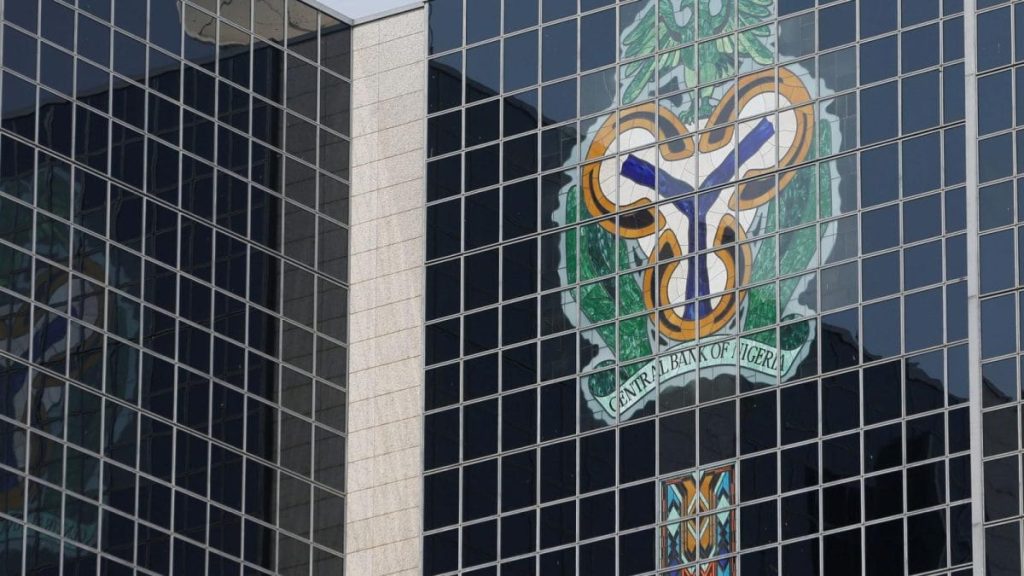
The Central Bank of Nigeria, CBN, has expressed apprehension regarding the decreasing economic activities within the country.
In a personal statement shared at the conclusion of the latest Monetary Policy Committee meeting and published on the Banks’ website on Tuesday, the CBN deputy governor of Corporate Services, Bala Moh’d Bello, highlighted this worrisome trend.
He pointed out that Nigeria’s Composite Purchasing Managers’ Index (PMI) took a significant plunge to 39.2 index points in February 2024 from 48.5 index points in the previous month.
Attributing this economic contraction to exchange rate pressures, inflation, and security challenges, he emphasized that the country has experienced eight consecutive months of economic slowdown.
“The sharp decline in the Composite Purchasing Managers’ Index (PMI) to 39.2 index points in February 2024 from 48.5 index points in the previous month is concerning,” he remarked.
“Economic activity has been on a downward trend for eight months due to exchange rate pressures, escalating input costs, security hurdles, and various other challenges. This necessitates well-considered policy decisions focusing on price stability to prevent hindering economic activities and disrupting output performance.”
He further expressed worry about the continuous uptrend in inflation levels despite repeated hikes in the monetary policy rate, with expectations of further price escalations in the near future.
“Both food and core inflation surged in February 2024, leading to a rise in headline inflation to 31.70 per cent from 29.90 per cent in the prior month.”
“The persistent inflationary surge can be attributed to elevated production expenses, ongoing security issues, and exchange rate pressures,” he noted.
Additionally, he highlighted a surge in the country’s inflation rate to 33.22 per cent in March, a level deemed unacceptably high and necessitating collaborative efforts for containment.
“The current high inflation rate is unacceptable and demands resolute and coordinated actions to address it, given its adverse effects on consumers’ purchasing power, investment choices, and overall output performance.”
“The government’s initiatives to tackle food insecurity, including tapping into strategic reserves, providing seeds and fertilizers, and supporting dry season farming, are crucial and praiseworthy,” he added.
It is noteworthy that the MPC raised the country’s interest rate to 24.75 per cent in March.
